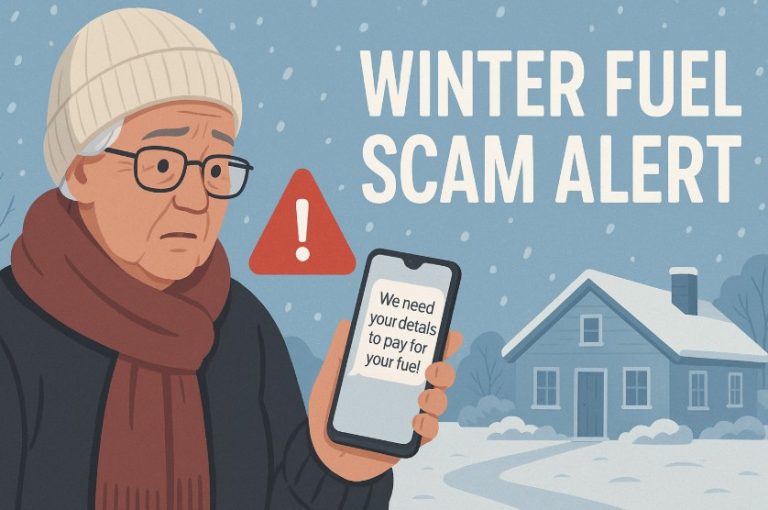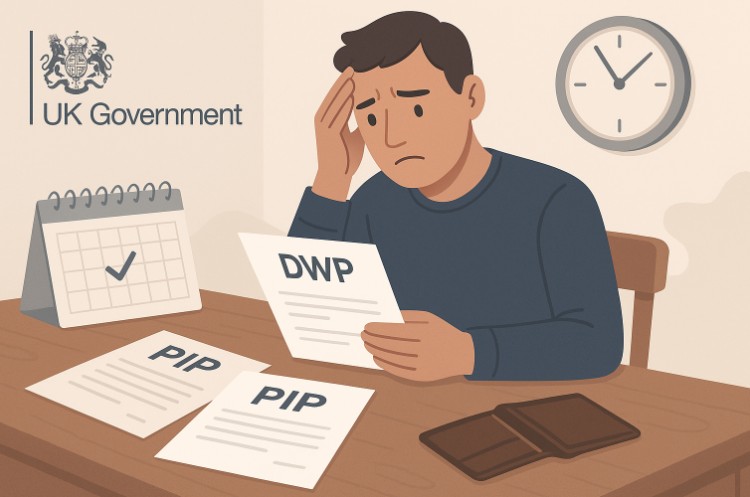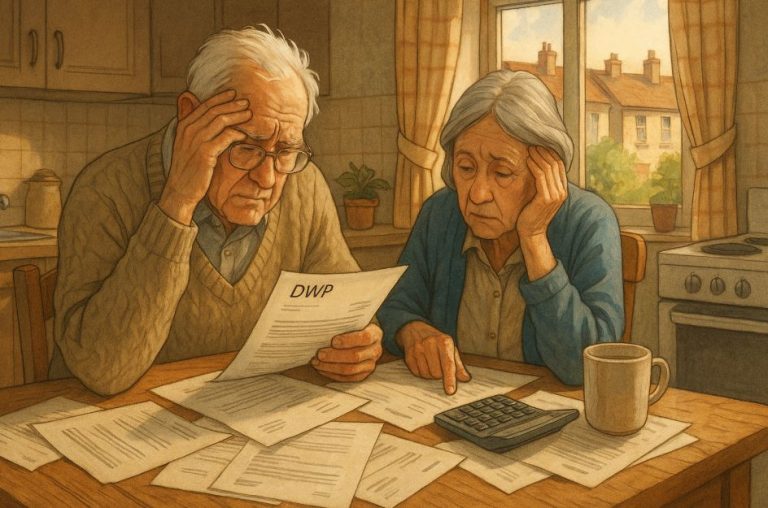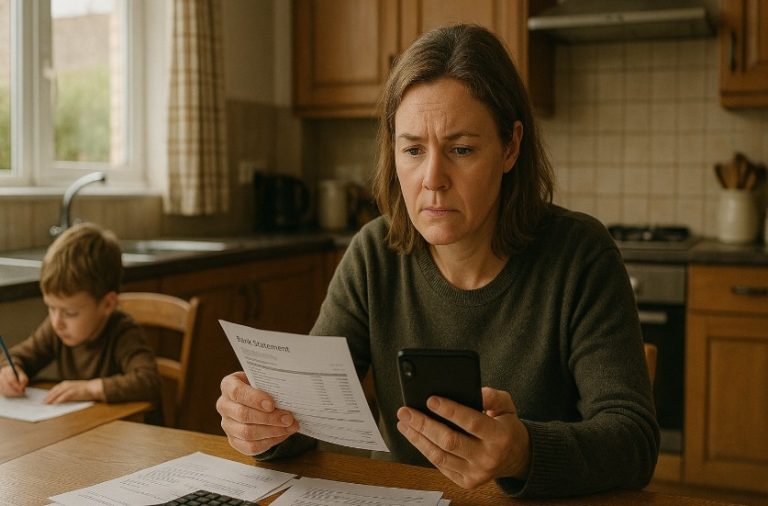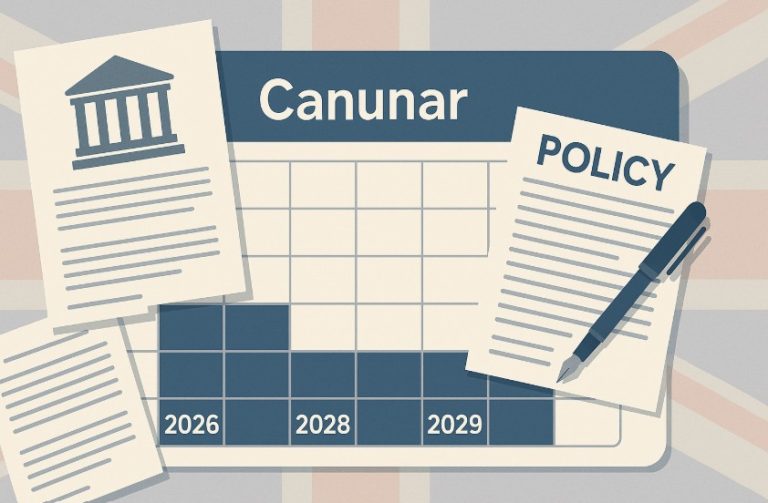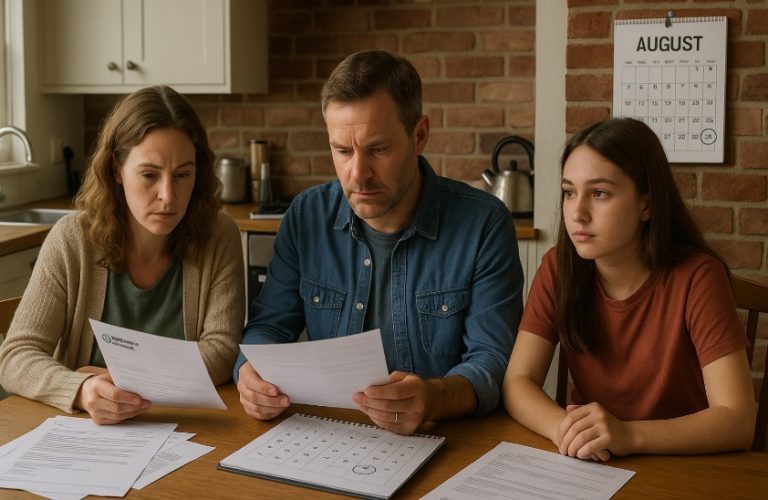The Winter Fuel Payment is a key support provided by the UK government to help older individuals cope with rising energy bills during the colder months. One frequently asked question is: do husband and wife both get the Winter Fuel Allowance?
While this support can be invaluable for households during winter, the payment process, especially for couples, can be confusing.
This guide provides a detailed look into how the Winter Fuel Payment works for couples, how much they can expect, and the factors that affect their eligibility.
What Is the Winter Fuel Allowance and Who Is Eligible?

The Winter Fuel Allowance, also known as the Winter Fuel Payment, is a financial support scheme provided by the UK government to assist with heating costs during the colder months. The scheme is primarily aimed at pensioners and is paid annually, typically between November and January.
Eligibility depends on specific factors:
- Individuals must have been born on or before 21 September 1959
- They must reside in the UK during the qualifying week, which for the 2025/2026 winter is 15 to 21 September 2025
- Those receiving the State Pension or certain income-based benefits usually qualify automatically
If eligible, individuals receive a letter during October or November, confirming how much they will receive. If no letter is received, and the person believes they qualify, they are advised to check whether they need to make a claim directly.
The payment is not means-tested, so savings or income do not affect eligibility. However, it may be recoverable through the tax system if a person’s income exceeds £35,000 per year.
Do Both Husband and Wife Receive the Full Winter Fuel Payment?
Couples often wonder whether both partners are entitled to separate Winter Fuel Payments. The answer lies in how the benefit is structured. The Winter Fuel Payment is not duplicated for each eligible person in a household. Instead, one combined payment is made based on household circumstances.
A married couple or partners living together will not both receive the full amount separately. Instead, the payment is calculated based on:
- Whether one or both partners are eligible
- Their respective ages
- Whether they receive any qualifying benefits
- Whether they claim jointly or separately
If one partner qualifies and the other does not, then the qualifying partner receives the full payment. When both partners are eligible, the payment is typically split equally, but the amount depends on their ages.
How Is the Winter Fuel Allowance Divided Between a Couple?

The division of the Winter Fuel Payment among couples depends heavily on age and benefit status. For example, two partners who both qualify and are under the age of 80 receive a split payment of £100 each. If one partner is aged 80 or over, they receive a higher amount due to additional heating needs.
Below is a table summarising how payments are typically divided between eligible couples:
Table 1: Winter Fuel Payment Breakdown for Couples
| Eligibility Scenario | Amount Per Person | Total Household Payment |
| One eligible partner only | £200 or £300 | £200 or £300 |
| Both eligible, both under 80 | £100 each | £200 |
| One eligible, one under 80 and one over 80 | £200 / £100 | £300 |
| Both eligible and both over 80 | £150 each | £300 |
This structure reflects the government’s approach to providing appropriate support based on age and shared living costs. When only one partner qualifies, the household receives a single full payment. If both qualify and are over 80, the household may receive up to £300, split evenly.
Couples receiving the payment should always check the DWP notification letter, which details how the payment has been calculated for their household.
What Happens If the Couple Claims Benefits Jointly?
Joint claims for certain benefits significantly influence how the Winter Fuel Payment is paid. When a couple receives benefits jointly, only one person receives the full Winter Fuel Payment on behalf of the household. This is especially common in cases where the couple is jointly receiving means-tested benefits.
The following benefits affect how the payment is processed:
- Pension Credit
- Universal Credit
- Income-based Jobseeker’s Allowance (JSA)
- Income-related Employment and Support Allowance (ESA)
- Income Support
When a joint claim exists:
- The payment is made to the partner named on the benefit claim
- It is paid into the same bank account where benefits are normally received
This process simplifies administration and avoids duplication of payments. The amount received depends on the ages of both individuals and whether either or both were born before 22 September 1945.
Table 2: Joint Claim Payment Examples
| Couple’s Age and Status | Household Payment |
| Both born between 22 Sep 1945 and 21 Sep 1959 | £200 |
| One or both born before 22 Sep 1945 | £300 |
| Both born before 22 Sep 1945 (with Pension Credit) | Up to £600 |
This table illustrates the potential outcomes for couples based on benefit status and age. The DWP determines the final amount based on information already held from benefit records, so most people do not need to take additional steps.
Can Each Partner Apply for the Winter Fuel Allowance Separately?
In most cases, partners cannot apply separately for the Winter Fuel Payment. The system is designed to recognise households and not treat each partner as an entirely separate case unless there are exceptional circumstances.
Situations that may justify separate payments include:
- Partners living at different addresses during the qualifying week
- One partner being ineligible due to age or residency
- One partner living in a care home, while the other lives independently
In such cases, the DWP evaluates each individual based on their personal eligibility, rather than treating the couple as a single unit. These exceptions are not the norm, but they do exist to account for varied living arrangements.
Partners in care homes may receive reduced payments depending on whether they qualify and whether they receive means-tested benefits. In some instances, each individual in a care setting may receive between £100 and £150, based on age.
Is the Winter Fuel Payment Taxable or Means-Tested?
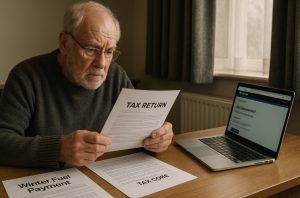
The Winter Fuel Payment is a non-means-tested benefit, so it does not depend on your income or savings. It also does not affect your entitlement to other state benefits such as the State Pension or Universal Credit.
This means most people receive the payment in full without any impact on their financial status with other departments.
However, there are tax implications for higher earners. If your total income exceeds £35,000 per year, HMRC may recover the payment. This recovery can happen in two ways:
- By adjusting your tax code for the following tax year (2026 to 2027)
- By including the payment in your Self Assessment tax return for 2025 to 2026
It’s advisable for individuals with higher incomes to consult HMRC guidance or seek advice to understand how their Winter Fuel Payment might be affected.
How Much Can a Household Receive in Winter Fuel Payments?
The amount a household receives varies, depending on age and household makeup. Below is a summary of potential payment amounts based on living situation and age:
- Individuals living alone may receive £200 if born between 22 September 1945 and 21 September 1959, or £300 if born before 22 September 1945
- Individuals living with another eligible person may receive £100 to £150, depending on both partners’ ages
- Those who jointly claim benefits may receive a single payment of £200, £300, or £600
People living in care homes are treated differently. If eligible, they may receive between £100 and £150, but they do not qualify for the full amount if they are receiving certain income-based benefits.
The DWP sends a notification letter before payments are made, and these amounts are paid automatically unless circumstances require a manual claim.
How and When Is the Winter Fuel Allowance Paid?

The Winter Fuel Payment is issued annually, usually between November and January. If you’re already receiving the State Pension or qualifying benefits, the payment is made automatically into your bank account. The payment date varies but typically falls in mid to late winter.
Key facts about the payment process:
- A letter is sent out in October or November detailing the payment amount
- Payments are made to the same account used for other benefits
- If you’re eligible but do not receive a letter or payment, you may need to contact the Winter Fuel Payment Centre or submit a claim
This structured process ensures that eligible pensioners receive the support in time for the coldest months, helping them manage heating costs during winter.
Conclusion
Understanding how the Winter Fuel Payment works for couples can help households better prepare for the winter months. While both husband and wife do not receive separate full payments, the household will receive a combined amount based on eligibility, age, and benefits status.
By reviewing your household circumstances during the qualifying week and checking for updates from DWP, you can ensure you receive the correct support when it’s most needed.
FAQs
Can unmarried couples receive the Winter Fuel Payment?
Yes, if they live together and meet the eligibility criteria, they are treated similarly to married couples.
Do you have to apply for the Winter Fuel Allowance every year?
No. Most eligible individuals are paid automatically unless their circumstances have changed significantly.
What if one partner moves into a care home?
If both partners move into care homes and are eligible, each may receive a reduced individual payment.
Will the payment affect other benefits?
No, the Winter Fuel Payment is non-taxable and does not affect your eligibility for other benefits.
Can you receive the Winter Fuel Payment while working?
Yes. Employment status does not affect eligibility, as long as age and residency conditions are met.
What should you do if the payment amount is incorrect?
Contact the Winter Fuel Payment Centre to have your case reviewed.
How can you contact DWP for Winter Fuel Payment questions?
You can call the Winter Fuel Payment Centre on 0800 731 0160, or check GOV.UK for additional contact options.

